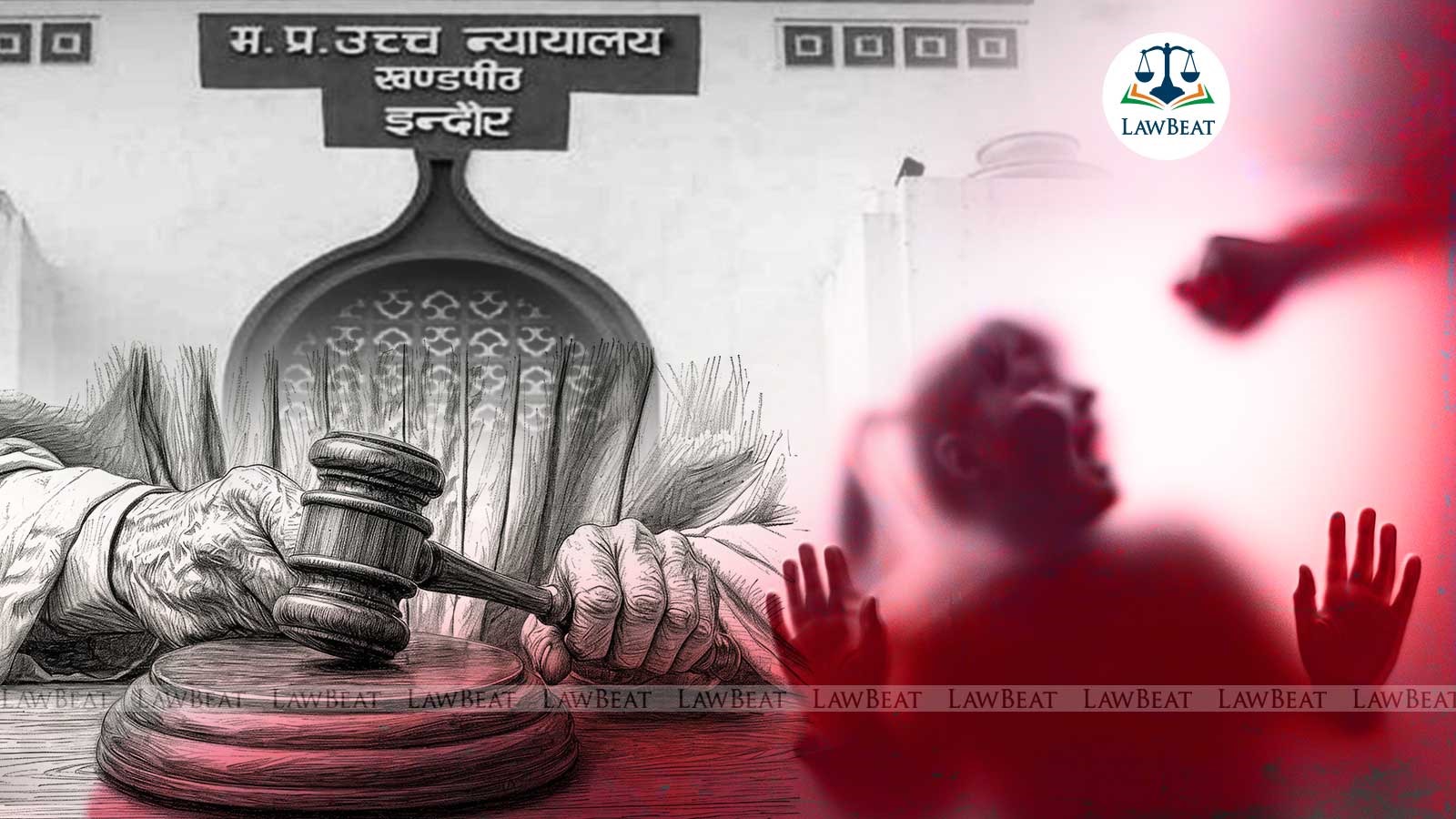Treating Juveniles With Leniency in Rape Cases Misfortune of Victims, No Lessons Learnt from Nirbhaya: Madhya Pradesh HC

In the epilogue titled "About one more Nirbhaya," the court questioned the legislature's failure to enact stricter laws against juvenile accused, despite the passage of over a decade since the notorious Nirbhaya gang rape of 2012
The Madhya Pradesh High Court at Indore, in a strong epilogue to its judgment, has expressed severe concern over the lenient treatment rendered to juvenile accused persons in India particularly in cases involving horrific crimes like rape. The court lamented the lack of progress since the 2012 Nirbhaya case.
The court, presided over by Justice Subodh Abhyankar, dismissed an appeal filed a minor convicted of rape under the Protection of Children from Sexual Offences (POCSO) Act. The court upheld the appellant’s 10-year rigorous imprisonment sentence noting that “juveniles in this country are being treated rather too leniently, and that the Legislature, to the utter misfortune of the victims of such crimes, has still not learnt any lessons from the horrors of Nirbhaya.”
The case originated from an FIR lodged by the mother of the 4-year-old victim on December 29, 2017. The victim's mother reported that while she was cooking at home, the accused, son of her landlord, took her younger daughter outside. Shortly after, the mother heard her child crying, and upon rushing upstairs, she found her unconscious and bleeding on the bed, with the appellant standing nearby. He fled the scene when confronted. The victim was later taken to the hospital, where she was treated for severe injuries, including bruising and cuts on her genital and perianal regions.
At the time of the incident, the appellant was a juvenile and was sentenced by the trial court to 10 years of rigorous imprisonment under Section 376(2)(i)(k) of the Indian Penal Code (IPC) and Sections 5(m)(i)/6 of the POCSO Act. The trial court also ruled that upon turning 21, the appellant should serve his sentence in an adult prison.
The accused, represented by Advocate Mitesh Patidar, argued that his client had been falsely implicated due to a rent dispute between the victim’s family and the appellant’s landlord, who sought to increase the rent and charge extra for utilities. It was further contended that there was no documented proof of the victim's age and suggested that the injuries could have been caused by an accidental fall.
The prosecution, represented by Government Advocate Mridula Sen, on the other hand, contended that the medical evidence was conclusive, with clear testimony from the medical examiner, who confirmed the brutal nature of the assault, dismissing the possibility of the injuries being caused by a fall. The prosecution also pointed out that the appellant had absconded from the observation home, indicating a lack of remorse.
After reviewing the evidence, the court found the testimony of the victim’s mother and the medical reports convincing, noting that the appellant has failed to provide any credible alternative explanation for the injuries sustained by the victim. “There is no denying the fact that the victim was brutally raped,” observed the court, emphasising the harrowing injuries described by the medical practitioner, which included ruptured hymen, multiple cuts, and swelling.
The court expressed deep dismay and remarked : “Looking to the overwhelming medical evidence available in the present case, it does not taken an expert to see as to how demonic the appellant’s conduct was while he was juvenile, and his mindset can also be gathered from the fact that he has also absconded from the observation home, and presently is at large, probably lurking in some dark corner of the street, for yet another prey, and there is nobody to stop him. And, although such voices are being raised time and again by the Constitutional Courts of this country, but to the utter dismay of the victims, they have not been able to make any impact on the legislature even after a decade of Nirbhaya (supra) which took place in the year 2012.”
In conclusion, the High Court dismissed the appeal, affirming the lower court's conviction. It also issued perpetual warrants for the arrest of the appellant, who remains absconding, and ordered that he serve the remainder of his sentence once apprehended.
A copy of the order has been sent to the Law Secretary, Department of Legal Affairs, Government of India, urging for legislative reforms in the treatment of juveniles in serious criminal cases.
Cause Title: Rishabh Atle (Minor) through next friend (Father) Jaikishan Atle v. State of Madhya Pradesh [CRA No.4232-2019]
